Kiri Ke Kanawa - Kiri Sings Berlin (1998)
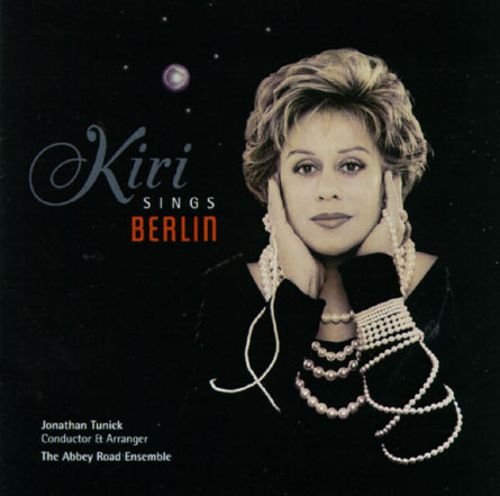
Artist: Kiri Ke Kanawa
Title: Kiri Sings Berlin
Year Of Release: 1998
Label: Angel Records
Genre: Classical, Vocal Jazz
Quality: FLAC (tracks+.cue, log)
Total Time: 45:49
Total Size: 200 MB
WebSite: Album Preview
Tracklist: Title: Kiri Sings Berlin
Year Of Release: 1998
Label: Angel Records
Genre: Classical, Vocal Jazz
Quality: FLAC (tracks+.cue, log)
Total Time: 45:49
Total Size: 200 MB
WebSite: Album Preview
01. Let's Face the Music and Dance (2:08)
02. I Got the Sun in the Morning (3:12)
03. How Deep Is the Ocean (2:39)
04. What'll I Do (3:46)
05. Blue Skies (2:38)
06. It's a Lovely Day Today (3:09)
07. They Say it's Wonderful (2:39)
08. Say it Isn't So (3:25)
09. Cheek to Cheek (3:26)
10. Isn't this a Lovely Day? (3:02)
11. Always (4:28)
12. The Song Is Ended (3:08)
13. I've Got My Love to Keep Me Warm (2:49)
14. It Only Happens When I Dance With You (2:10)
15. Easter Parade (3:09)
Jonathan Tunick (Conductor)
Having previously recorded Kiri Sings Gershwin, Kiri Sings Kern, and Kiri Sings Porter, opera singer Kiri Te Kanawa is no stranger to the repertoire of American show music songwriters of the first half of the 20th century. On Kiri Sings Berlin, she benefits greatly from the efforts of arranger/conductor Jonathan Tunick, who has taken as his model the orchestral approach of such predecessors as Nelson Riddle and Gordon Jenkins for albums by the likes of Frank Sinatra in the 1950s. The ballads are awash in strings, and the rhythm numbers like "Blue Skies" employ a version of a swing-style big band with horns. This is not the Irving Berlin of the 1920s, as heard on Broadway and in Tin Pin Alley. It is the Berlin rediscovered by the traditional pop singers of a later generation, then further refined in the voice of a New Zealand opera singer another 40 years down the line. It's Berlin at a couple of removes, then, but that still might work if the singer brought any emotional commitment to the material. That's what the traditional pop singers did with it, finding depths of feeling in songs sometimes written for light musicals. And Te Kanawa has deliberately chosen some of Berlin's most direct expressions of romantic sentiment, such as "Always," and even his most melancholy song, "What'll I Do?" She obviously has the pipes to handle the relatively simple music, but she does not bring any real feeling to the words. Since the timbre of her voice is so similar to that of Broadway and cabaret singer Barbara Cook's, you can't help noticing the difference in interpretation. Cook could break your heart with these songs; Te Kanawa won't make you forget your grocery list. She is so tentative that it sometimes seems questionable whether she's going to get to the end of the song, but even that doesn't lend vulnerability to her renditions. She just doesn't seem to have spent any time thinking about what the songs are about and how she can convey that. She takes it for granted that they are trite and only to be had "fun" with. Berlin's music is durable enough to survive practically all interpretations, and it holds its own here, but not because of the singer.

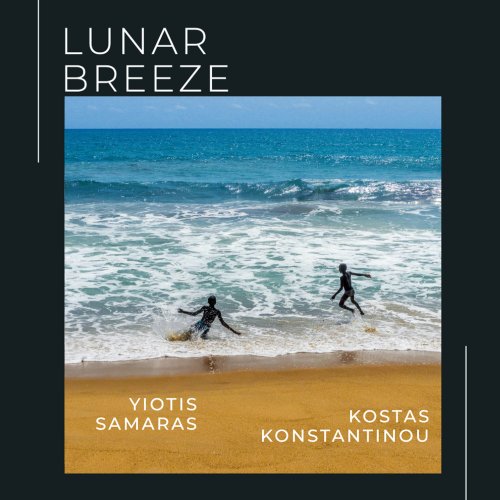

![Dave Slonaker Big Band - Shifty Paradigms (2026) [Hi-Res] Dave Slonaker Big Band - Shifty Paradigms (2026) [Hi-Res]](https://www.dibpic.com/uploads/posts/2026-02/1771506144_eu5h6bbhmvwxe_600.jpg)
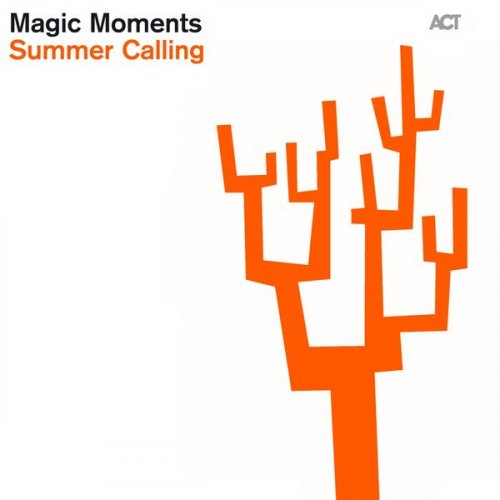

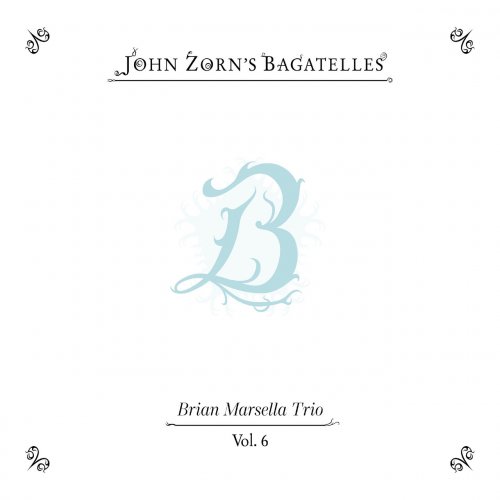
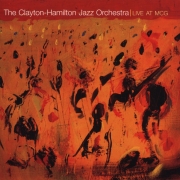
![Nicole McCabe - Color Theory (2026) [Hi-Res] Nicole McCabe - Color Theory (2026) [Hi-Res]](https://www.dibpic.com/uploads/posts/2026-02/1771327761_folder.jpg)